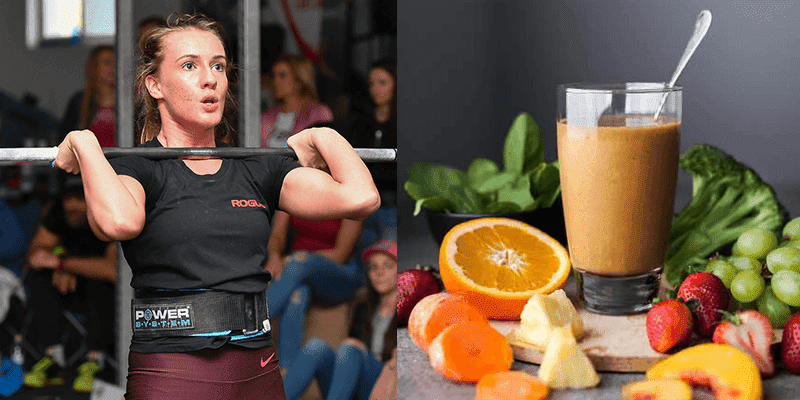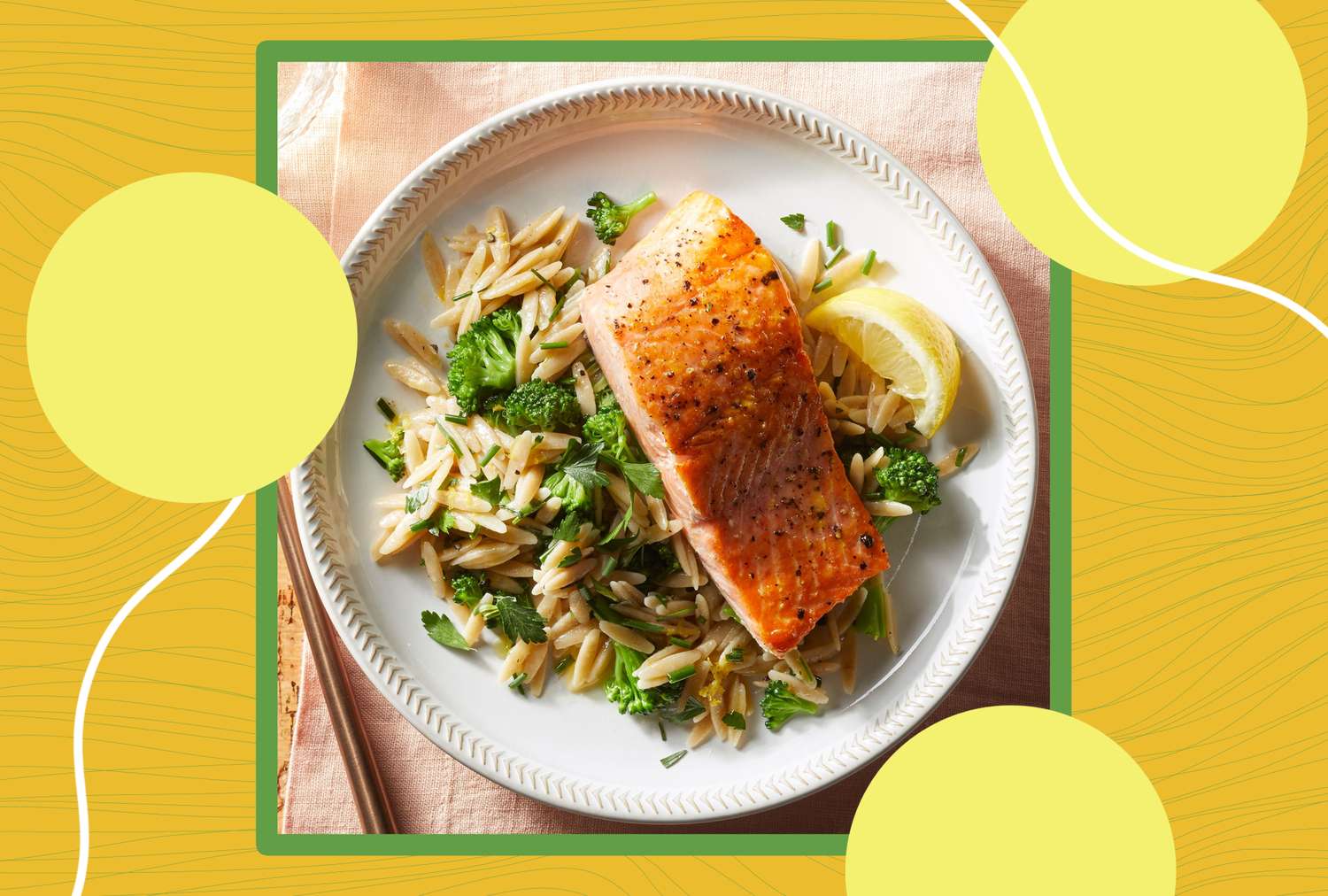Healthy eating can feel overwhelming, but with the right strategies, you can align your daily habits with long-term health goals.
Here are five science-backed tips to help you succeed in 2025.
1. Plan Your Meals in Advance
Meal planning is one of the most effective strategies to ensure you eat healthy, balanced meals throughout the week. A study published in the International Journal of Behavioural Nutrition and Physical Activity found that meal planning is associated with higher diet quality, better food variety, and lower rates of obesity (Ducrot et al., 2017).
Planning your meals allows you to avoid impulsive eating decisions and reduces the temptation to rely on less healthy convenience foods. To get started, set aside time each week to plan your meals, make a shopping list, and prepare ingredients in advance. Tools like meal-planning apps or simple templates can make this process easier.
Include a balance of macronutrients (proteins, healthy fats, and complex carbohydrates) and aim for diverse sources of micronutrients from vegetables, fruits, and whole grains.
2. Prioritise Protein in Every Meal
Protein is essential for maintaining muscle mass, regulating hunger, and supporting overall health. Research shows that protein-rich meals increase satiety and reduce calorie intake, making it easier to stick to a healthy diet (Leidy et al., 2015).
Moreover, protein is critical for muscle repair and growth, particularly if you engage in regular physical activity. Include high-quality protein sources in every meal, such as lean meats, fish, eggs, dairy products, legumes, tofu, and tempeh.

For plant-based eaters, combining protein-rich foods like beans and rice ensures you get all essential amino acids. Aim for at least 20-30 grams of protein per meal to maximise these benefits.
3. Make Healthy Snacking Convenient
Snacking can either derail or support your healthy eating goals, depending on your choices. Studies suggest that convenient access to nutritious snacks improves dietary compliance and reduces the likelihood of reaching for unhealthy options (Story et al., 2008).
Stock your home, workplace, or gym bag with healthy, portable options such as nuts, seeds, yoghurt, or pre-cut vegetables with hummus.
Avoid buying ultra-processed snacks, as their high sugar, salt, and fat content can trigger overeating. If you crave something sweet, choose natural options like fruits, which provide fibre and antioxidants alongside natural sugars.
4. Hydrate Properly Throughout the Day
Proper hydration plays a crucial role in maintaining overall health and can influence your dietary habits. Research from Physiology & Behaviour highlights that even mild dehydration can lead to increased hunger and impaired cognitive function (Popkin et al., 2010). To avoid confusing thirst with hunger, drink water consistently throughout the day.

A good rule of thumb is to aim for 6-8 glasses daily, but adjust this based on your activity levels and climate. Flavour your water with slices of lemon, cucumber, or mint if plain water feels monotonous. Avoid sugary drinks and limit your intake of artificially sweetened beverages, as both have been linked to adverse health outcomes.
5. Track Your Progress and Adjust
Tracking your food intake can increase awareness of your eating habits and help you make informed adjustments. A study in the Journal of the Academy of Nutrition and Dietetics found that individuals who kept a food diary lost more weight than those who didn’t track their meals (Hollis et al., 2015).
Use apps like MyFitnessPal or Cronometer to monitor your calorie intake, macronutrient distribution, and progress towards your goals. While tracking, focus on identifying patterns rather than striving for perfection.
If you notice frequent high-calorie or low-nutrient meals, strategise ways to improve, such as batch-cooking or incorporating more whole foods. Regular reflection helps you stay accountable and ensures your approach remains sustainable.
Conclusion
By planning meals, prioritising protein, keeping healthy snacks on hand, staying hydrated, and tracking progress, you can make significant strides towards achieving your healthy eating goals in 2025. Each of these tips is rooted in science and designed to create sustainable habits for long-term success.
Key Takeaways
| Tip | Why It Matters | Actionable Steps |
|---|---|---|
| Plan Your Meals | Improves diet quality and reduces reliance on unhealthy foods (Ducrot et al., 2017). | Dedicate time weekly to plan meals and shop for ingredients. |
| Prioritise Protein | Increases satiety, supports muscle health, and aids calorie regulation (Leidy et al., 2015). | Include 20-30g of protein per meal from varied sources. |
| Make Healthy Snacking Easy | Reduces impulsive eating and supports overall dietary goals (Story et al., 2008). | Keep nutritious snacks like nuts, seeds, or fruits within easy reach. |
| Hydrate Consistently | Prevents thirst-driven hunger and optimises mental performance (Popkin et al., 2010). | Drink 6-8 glasses of water daily, adjusting based on needs. |
| Track Progress and Adjust | Enhances awareness and supports informed dietary choices (Hollis et al., 2015). | Use a food-tracking app and review patterns regularly to identify areas for improvement. |
Bibliography
- Ducrot, P., Méjean, C., Aroumougame, V., Ibanez, G., Allès, B., et al. (2017). Meal planning is associated with food variety, diet quality and body weight status in a large sample of French adults. International Journal of Behavioural Nutrition and Physical Activity, 14(1), 12.
- Leidy, H.J., Clifton, P.M., Astrup, A., Wycherley, T.P., Westerterp-Plantenga, M.S., et al. (2015). The role of protein in weight loss and maintenance. The American Journal of Clinical Nutrition, 101(6), 1320S–1329S.
- Story, M., Kaphingst, K.M., Robinson-O’Brien, R., & Glanz, K. (2008). Creating healthy food and eating environments: Policy and environmental approaches. Annual Review of Public Health, 29, 253–272.
- Popkin, B.M., D’Anci, K.E., & Rosenberg, I.H. (2010). Water, hydration, and health. Physiology & Behaviour, 100(4), 545–556.
- Hollis, J.L., Carmichael, A.R., Craddock, J.E., & Taylor, R. (2015). Weight loss during a weight management programme in women. Journal of the Academy of Nutrition and Dietetics, 115(6), 900–906.
Was this article helpful?


